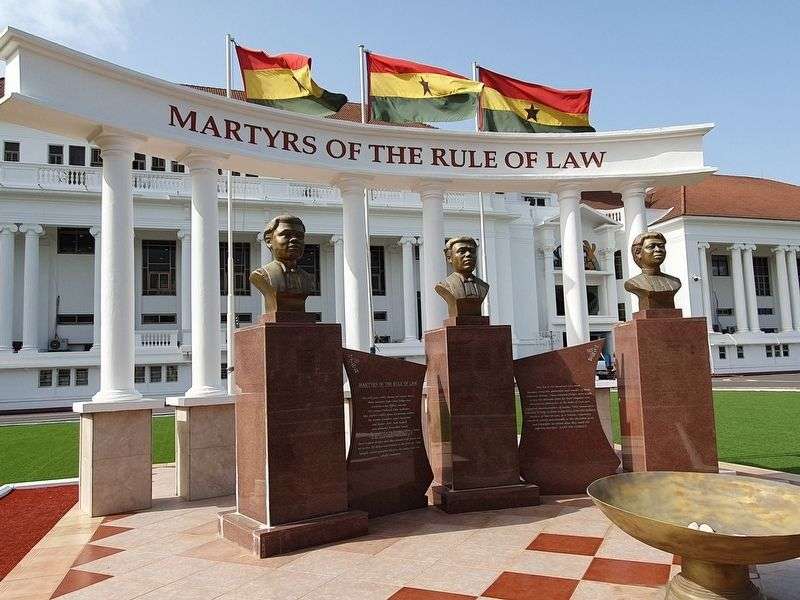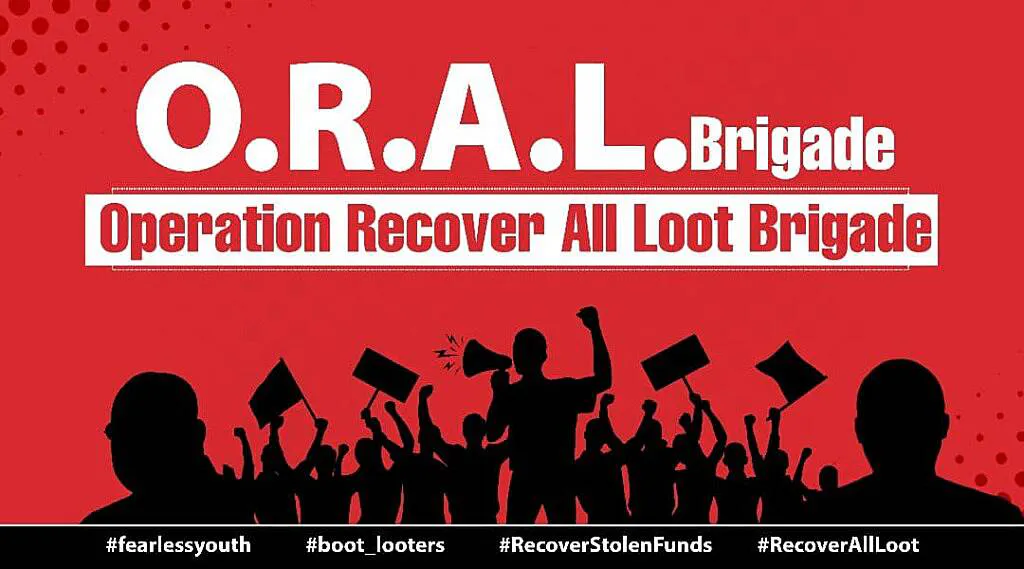The issue of plea bargains in Ghana’s justice system has come under sharp criticism from lawyer and political activist Oliver Mawuse Barker-Vormawor, who believes the current system is slowing down the delivery of justice and wasting valuable prosecutorial resources.
According to Barker-Vormawor, the Ghanaian court system is overwhelmed with thousands of cases that could have been resolved through plea bargains rather than going through lengthy trials.
Barker-Vormawor argued that the excessive reliance on full trials for nearly every case has clogged the judicial process, leaving prosecutors overworked and major crimes such as complex white-collar offenses poorly addressed.
“Our court system is clogged by thousands of cases that could have been pleaded out,” he said, emphasizing that many minor cases unnecessarily drag on for years.
He noted that the burden on prosecutors is compounded by the lack of an efficient mechanism to handle cases quickly.
“A vast amount of prosecutorial resources are spent on cases that should not go the full length of trial,” he explained, adding that this inefficiency directly contributes to justice delays and a lack of focus on serious criminal offenses.
Mandatory Plea Bargains Suggested
Proposing a way forward, Barker-Vormawor called for sweeping reforms to make plea bargaining a mandatory feature of Ghana’s criminal justice system.

He believes this would significantly reduce the case backlog and free up time and resources for prosecutors to pursue more serious crimes.
Currently, plea bargains in Ghana are optional, which Barker-Vormawor views as a key factor slowing down the system.
He argued that introducing mandatory plea deals would compel both prosecutors and defense lawyers to negotiate settlements early in the process, preventing minor cases from dragging through full trials unnecessarily.
Bureaucratic Process Slows Justice
Beyond advocating for mandatory plea bargaining, Barker-Vormawor strongly criticized the cumbersome and bureaucratic nature of Ghana’s current process.
He described it as overly rigid and unnecessarily time-consuming, comparing it humorously to waiting for divine intervention.
“Second, the current approach is too cumbersome. Writing a letter and waiting for a response from AG is like waiting for God to add a daughter to his only begotten son. In many jurisdictions, plea bargains are conducted more fluidly.”
Oliver Mawuse Barker-Vormawor
According to him, prosecutors in other systems can strike deals through quick sidebar discussions, gain approval from a supervising officer, and then jointly file the paperwork before a judge — sometimes on the very morning of arraignment.
In contrast, Barker-Vormawor described Ghana’s plea bargain system as slow and heavily bureaucratic. He explained that once a request is submitted, it often sits in the registry for months before reaching the Attorney General (AG).
From there, it is passed down the chain of command — from the AG to the Director of Public Prosecutions (DPP), then to the Chief State Attorney, and finally to the assigned State Attorney handling the case.

The process becomes even more tedious after the State Attorney drafts a memo, as it must then move back up through the same hierarchy for final approval. If an agreement is eventually reached, a letter is sent to the defense lawyer.
“Then, when agreed, a letter is written to the lawyer for the accused, following the same up-and-down bureaucracy. The lawyer for the accused, who wants a different deal, then writes back, and we go through the same system for 18 months.”
Oliver Mawuse Barker-Vormawor
Barker-Vormawor emphasized that simply increasing the number of prosecutors would not solve the problem.
He argued that even with 1,000 prosecutors, the system would still be overwhelmed because excessive bureaucracy and unnecessary procedures consume valuable time that could otherwise be spent on substantive legal work.
ORAL Efforts Stalled by Inefficiency
Barker-Vormawor also linked these systemic inefficiencies to the challenges faced by the government’s anti-corruption initiative Operation Recover All Loot (ORAL), aimed at recovering stolen public funds.

“No wonder ORAL is bogged down. It is not necessarily a lack of will. It is the tragedy of doing the same things over and over and expecting different results.”
Oliver Mawuse Barker-Vormawor
His comments highlight a growing call for modernization within Ghana’s judicial framework.
Analysts and legal experts believe that unless these reforms are implemented, the system will continue to struggle under the weight of its own inefficiencies, leaving justice delayed and often denied.
Barker-Vormawor’s proposals for reforming the plea bargain process — particularly making it mandatory and streamlining bureaucratic hurdles — could offer a pathway to a more efficient, fair, and effective justice system.
For now, however, the wheels of justice continue to turn slowly, and frustration continues to mount among citizens seeking timely resolutions to their cases.
READ ALSO: Market Cheers as Ghana’s Treasury Auction Breaks Four-Week Drought with 15.8% Oversubscription



















